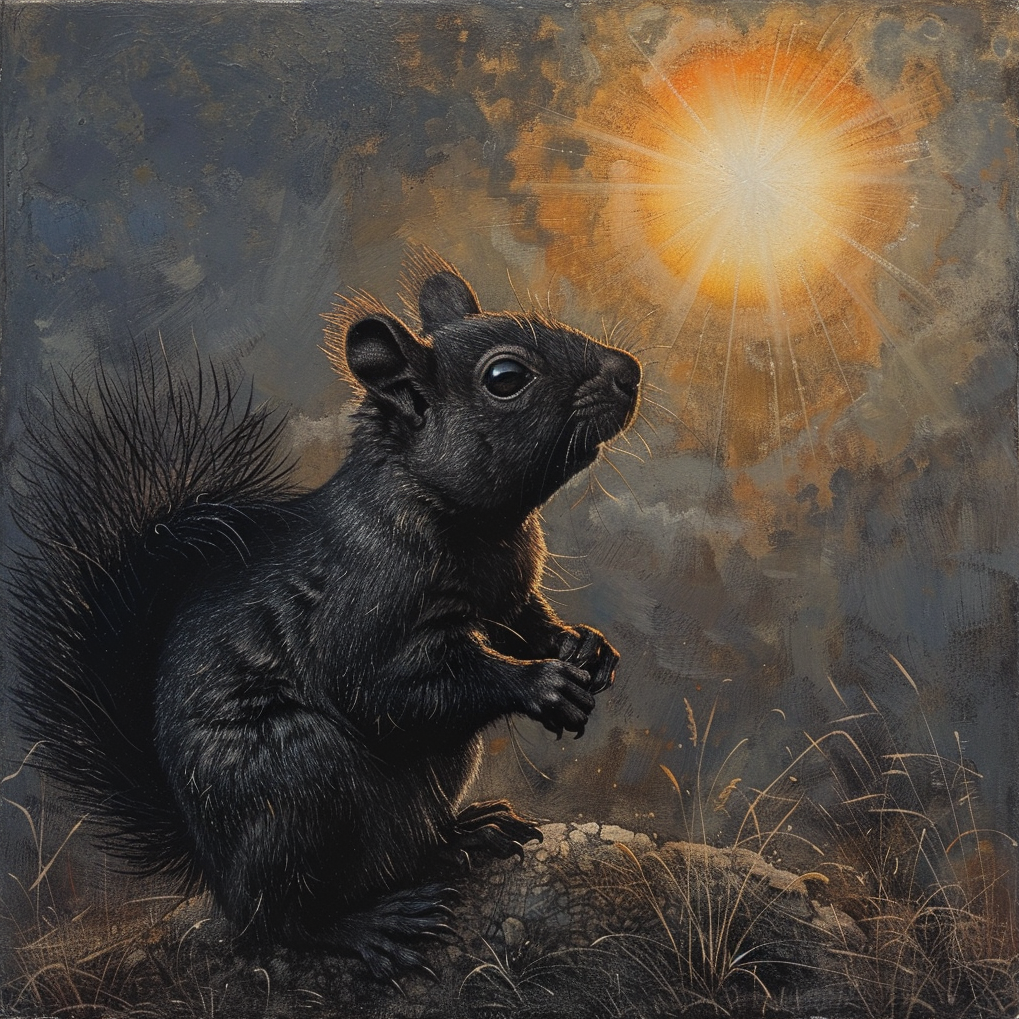
We also accept payments via Paypal
Huri Translations
Tel. +689 89 205 483
info@huri-translations.pf
PO BOX 365 Maharepa
98728 Mo'orea
French Polynesia
N°TAHITI 876649
Subscribe to our newsletter


For the Māori people of Aotearoa, the sun was personified in various forms and seen as a critical life-giving force. The sun was personified as "Tama-nui-te-rā" (the great son of the sun) or "Te Rā" in different contexts. The sun was believed to make a perilous nightly journey through the underworld before rising again each dawn.
In Māori mythology, a woman named Rona lived on Earth but was taken to the moon for cursing the moon goddess Hina. Rona is now seen as a dark figure on the lunar surface along with her water gourd and the tree she clung to when taken. During a lunar eclipse, Rona is believed to be engaged in a celestial battle with Hina.
For many ancient cultures who directly worshipped sun deities, a solar eclipse was a frightening event interpreted as the sun god or goddess being attacked or extinguished. The ancient Chinese believed a dragon was devouring the sun, while Vikings saw it as the sky wolves Skoll and Hati catching their prey. In Hindu mythology, the demon Rahu consumed the sun, causing eclipses. Rituals like banging pots, shouting, and shooting arrows skyward attempted to scare off the eclipse-causing entities and restore the sun.
The ancient Maya were keen sky watchers who deified the sun and used their advanced astronomical knowledge to predict solar eclipses. For the Maya, an eclipse was an ominous "broken sun" that threw the world out of balance as their sun god Kinich Ahau battled his rival Chak Ek (Morning star a.k.a “Venus”). Mayan rulers and nobles reacted by performing sacrifices to strengthen the sun god.
Other indigenous cultures interpreted eclipses through their own cosmological lenses. The Choctaw in the American Midwest believed giant Fʋni Lusa (black squirrels) consumed the sun during an eclipse. The Ojibwe saw an eclipse as the sun's death and shot flaming arrows skyward to revive it. Many Mesoamerican cultures referred to an eclipse as the sun being "bitten" or "eaten." Eclipses were woven into cultural stories and histories passed down through generations.
As astronomical knowledge advanced, those who could predict eclipses garnered power and influence. Chinese and Babylonian astronomers developed methods to predict eclipses, though this knowledge was often reserved for elites while mythological beliefs persisted among the populace. The Renaissance brought a more scientific understanding of eclipses to the Western world. In the modern era, solar eclipses still inspire awe but reactions are driven more by scientific curiosity than fear. However, a total solar eclipse remains a breathtaking experience that connects us to the cosmos. Dedicated eclipse chasers travel the world to experience totality.
From ancient Māori astronomers to modern eclipse enthusiasts, the shared human experience of a solar eclipse connects us to our ancestors, to the rhythms of the local corner of our galaxy, and to each other. The cultural lens through which we interpret an eclipse may differ, but the impact of this celestial event on the human spirit remains constant. As long as humans have looked skyward, the great cosmic dance of sun, moon and stars has moved us and guided how we experience life on Earth.

Throughout history, solar eclipses have captured the human imagination and elicited strong reactions ranging from fear and awe to celebration and life planning. As one of the most dramatic celestial events visible to the naked eye, a total solar eclipse provokes a visceral human response when the sun is completely obscured by the moon, turning day briefly into night. Across cultures, solar eclipses have consistently been seen as highly significant omens and guideposts.
"The Choctaw in the American Midwest believed giant Fʋni Lusa consumed the sun"
The term "eclipse" itself comes from the ancient Greek word ἔκλειψις (ekleipsis) meaning an abandonment or forsaking. This reflects the unsettling nature of the sun's light failing during an eclipse. Many other historical terms for eclipse derive from the notion of the sun being seized, eaten or extinguished. The Chinese word 日食 (rì shí) and the Korean word 일식 (ilsik) both literally translate to "sun eat."
When Day flips into Night: The Eclipse into cultural perspective
